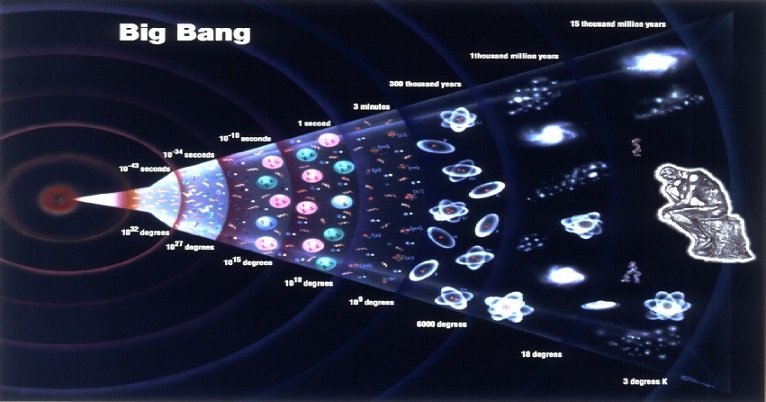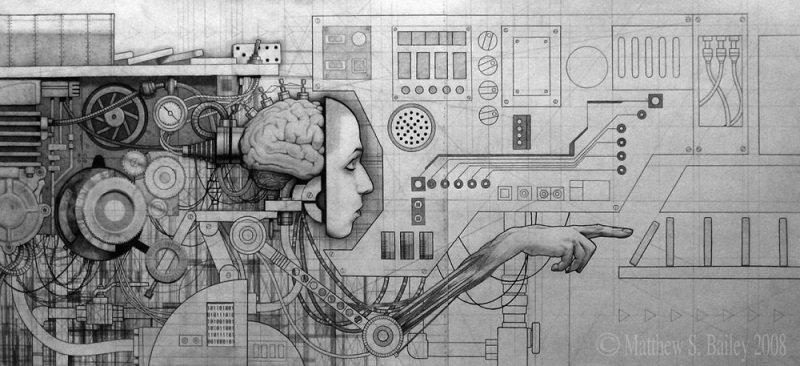In a fascinating study from the early 1980s Benjamin Libet and his colleagues used electroencephalography (EEG) to record the brain activity of subjects who had been given the task to make a spontaneous hand movement when they wanted (Pfeifer and Bongard, 2007). Using a timer which the subjects were asked to read at the moment they had the 'desire' or 'idea' to act, the researchers found that on average, there was a 300 millisecond delay between the desire and the movement itself, and that brain activity started almost half a second before the desire to move the limb was perceived; i.e. that the brain had already planned the movement before the agent became aware of it and that it was unconscious neural activity that causes it. This should perhaps be seen as a blow to the idea of free will, but Libet points out that the agent can still choose to abort the action when the wish to perform the action was made aware. Maybe this activity that Libet called readiness potential doesn't even reflect the neural "decision" to perform the action; a correlation does not necessarily say anything about causation. In addition, the participants knew that they participated in a study in which they "voluntarily" and spontaneously would move a limb.

Whatever this experiment showed, I find it easier to argue against free will and for determinism.
All events have consequences and everything that ever happened preceded by a consequence. Are you with me on that premise? A collision between two membranes (hypothetically) collide, resulting in a "big bang". Quarks, gluons, electrons, mesons, etc. collide in all possible combinations (not random, I claim - every single particle moving in a specific path, depending on the previous event = how would they be able to move in any other way?) Biological life is created a few billion years later on earth, as a direct and specific result of the original event.

Based on the specific environmental conditions which also are direct consequences of the past events, more and more advanced brain organs that can perform more and more advanced tasks are developed. I have difficulty seeing how something called a will (or free will) has been able to detach itself from the chemical, physical and biological reality and chain of consequences. One common argument against this is that we have a reasoning ability. But what if this reasoning is only a facade of "free will", and that the agent with the reasoning ability would have ended up at the exact same results no matter what. And just because we experience "free will" obviously doesn't prove the existence of the same.

So, the main premise of my argument is thus that everything is consequential; event 1 leads to 2 event leading to the event 3, 4 and 5 and so on. I admit that we can reason about the why's and how's, but that it doesn't prove free will. It would seem very odd if humans would be some kind of "containers" with free will (the only species in the known universe) that are completely detached from this reality of consequences.
What are your thoughts on free-will?
Source:
Pfeifer, R. & Bongard, J. (2007) How the body shapes the way we think: A new view of intelligence. Cambridge, MA: The MIT Press.
